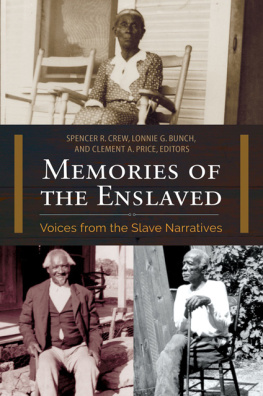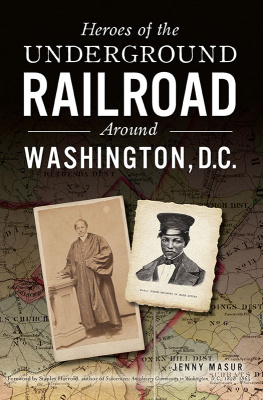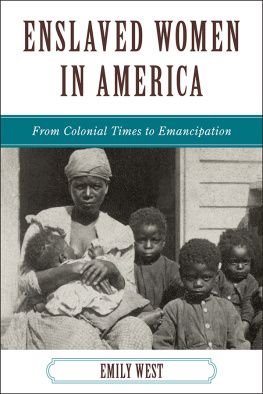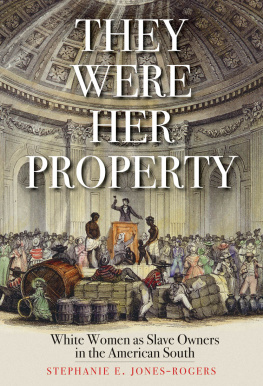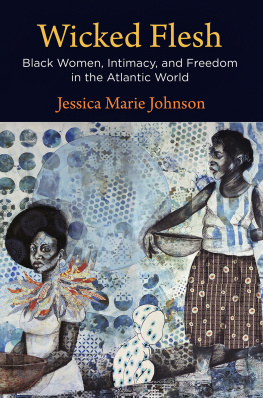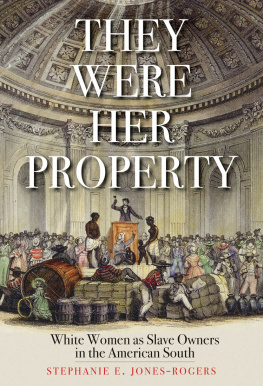Finding Charitys Folk
RACE IN THE ATLANTIC WORLD, 17001900
Published in Cooperation with the Library Company of Philadelphias Program in African American History
SERIES EDITORS
Richard S. Newman, Rochester Institute of Technology
Patrick Rael, Bowdoin College
Manisha Sinha, University of Massachusetts, Amherst
ADVISORY BOARD
Edward Baptist, Cornell University
Christopher Brown, Columbia University
Vincent Carretta, University of Maryland
Laurent Dubois, Duke University
Erica Armstrong Dunbar, University of Delaware and the Library Company of Philadelphia
Douglas Egerton, LeMoyne College
Leslie Harris, Emory University
Joanne Pope Melish, University of Kentucky
Sue Peabody, Washington State University, Vancouver
Erik Seeman, State University of New York, Buffalo
John Stauffer, Harvard University
This publication is made possible in part through a grant from the University of California, Irvine.
2015 by the University of Georgia Press
Athens, Georgia 30602
www.ugapress.org
All rights reserved
Set in 10/13 Adobe Caslon Pro by Kaelin Chappell Broaddus
Printed and bound by Sheridan Books, Inc.
The paper in this book meets the guidelines for permanence and durability of the Committee on Production Guidelines for Book Longevity of the Council on Library Resources.
Most University of Georgia Press titles are available from popular e-book vendors.
Printed in the United States of America
19 18 17 16 15 P 5 4 3 2 1
Library of Congress Cataloging-in-Publication Data
Millward, Jessica.
Finding Charitys folk : enslaved and free black women in Maryland / by Jessica Millward.
pages cm. (Race in the Atlantic world, 17001900)
Includes bibliographical references and index.
ISBN 978-0-8203-3108-9 (hardcover : alk. paper)
ISBN 978-0-8203-4878-0 (pbk. : alk. paper)
ISBN 978-0-8203-4879-7 (e-book) 1. Folks, Charity. 2. African American womenMarylandBiography. 3. Free African AmericansMarylandBiography. 4. Faulk family. 5. SlavesMarylandBiography. 6. African American womenMarylandSocial conditions18th century. 7. African American womenMarylandSocial conditions19th century. 8. SlavesMarylandSocial conditions. 9. SlaveryMarylandHistory18th century. 10. SlaveryMarylandHistory19th century. 11. MarylandBiography. I. Title. E185.93.M2M57 2015
305.48896073075209033dc23
2015023630
British Library Cataloging-in-Publication Data available
For Charity,
FOR BEARING ALL THINGS,
BELIEVING ALL THINGS,
HOPING ALL THINGS,
AND
ENDURING ALL THINGS.
I CORINTHIANS 13:7
[African Americans] are the only folk so great in number who have added to their original racial possessions the language, the literature, the civilization, the culture, and the religion of an alien people. They seem a sort of crucible in which God is working out by experiment the problem of the adjustment of races.
SHELTON HALE BISHOP, The Romance of the Negro
ACKNOWLEDGMENTS

As this book suggests, history plays an important role in maintaining families, and families play an equally important role in maintaining history. Bringing the Folks family into focus would not have been possible without the early lessons imparted by my maternal grandmother, Catherine Carter Dean. She taught me the importance of preserving ones family history and creatively uncovering the past when pieces are missing. My love for Maryland also has a connection to my grandmother through her niece, Debra, and her husband, Joseph Robert Sanchez Jr. (19532005). They introduced me to the wonders of Maryland and life on the Chesapeake Bay while I interned in Washington, D.C., during the summer of 1992. Later, they served as my hosts when I visited Maryland, listening as I reported my research highs and lows at the end of each day. When Debra moved back to Salt Lake City, their daughter, Sadie, opened her home to me. A chance conversation with Sadie also yielded a developing relationship with the Hampton Historic Plantation in Towson, Maryland.
I thank my fictive family in Las VegasHerb, Ora, Arial Ava, Lil Herb and Isabel Dunsonfor always welcoming me and for showing me love. To my immediate familyGary, Miles, Jacqueline, Ashley, Lane, Melvin, Buddy, Maxie, Anthony, Alexis, Miley, Carter, and CohenI give my thanks and love. To my mother, Kathy, I thank you for doing the work to reconstruct our familys past while I was preoccupied with reconstructing Charitys. Thank you to grandmothers Irene Forbes Carter, Catherine Carter Dean, Reah Weatherston Millward, Clydies Wesley Finn, and Callie Perkins, who continue to watch and guide.
The descendants of Charity Folks willingly shared aspects of their familys history with me. Merle V. Bowser granted permission to reproduce documents related to Charity Bishop, the youngest daughter of Charity Folks. Dennis Dickerson of Vanderbilt University put me in contact with Dorothy Patton, a descendant of the Carey family of Chicago, who, in turn, put me in contact with Liberty Rashad, the great-great-great-great-granddaughter of Charity Folks. I cannot thank Liberty enough for her warm and enthusiastic support of this project. I thank those in Annapolis who willingly shared their time: Mark Leone of Archeology in Annapolis; Glenn Campbell of the Historic Annapolis Foundation; Janice Hayes-Williams of Our Local Legacy Heritage Tour; Orlando Ridout IV; and the late Orlando Ridout V and Barbara Ridout. To Joni Jones, director of the Banneker-Douglass Museum, I give a tremendous thanks. Who knew that meeting at a seminar table at UCLA would find us working on projects related to Annapoliss black past and to Charity Folks in particular.
Friends served as constant sources of support as I wrote. Thank you to Marianne Benztgen, Jessica DAbreau Carlson, Ronald G. Coleman, Laurie Cooper, Francis Davis, Terence Fitzgerald, Roderick and Melissa Heard, Susan Henderson, Mikki L. Johnson, Kellie Jones, Jenny Kohler, Carol Leonard, Marcus Linden, Joseph Martinez, Anitra McMillon, Denise Oligney, Karla Padilla, Jeanna Penn, Joy Pierce, Adrian Pitts, Wilfred Samuels, Mike Santarosa, Sandra Siletto, Saskia Subramanian, Reggie Dean Sullivan, Edith Westfall, and Morrison, the incorrigible black pug. Thank you to Jewel Deane Moore and Timmy Kwakye for watching Morrison, for your prayers and advice, and for always inviting me to Thanksgiving and family reunions. A special note of gratitude to Marne L. Campbell for consistently standing in the gap: you are a true friend. For the sisterhood displayed by women of the Delta Sigma Theta Sorority, I thank Shawna Chambers, Neffisitu Dambo, Sherrika Ellison, LaShonna Harden, Amanda Henderson, Erica A. Hill, Jesse Knight, Mia Lavizzio, Marion L. Malcome, Nicole McCurry, Donna McIntosh, Jere Moore, Brianna Morgan, Regina Parnell, Brandi Simmons, and Carla Suber. The teaching of Pastor Kenneth C. Ulmer of Faithful Central Bible Church in Inglewood, California, and that of his son-in-law, Pastor Jody Moore of Praise Tabernacle Church in Chino Hills, California, sustained me throughout the process. To finish the race, I returned back home. Thank you to the members of the Westchester First Ward for supporting me in prayer and with acts of kindness. Barbara Stokes, thank you for the meals so that I could work uninterrupted.


